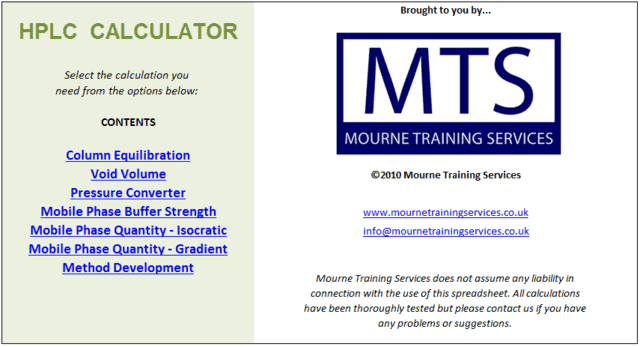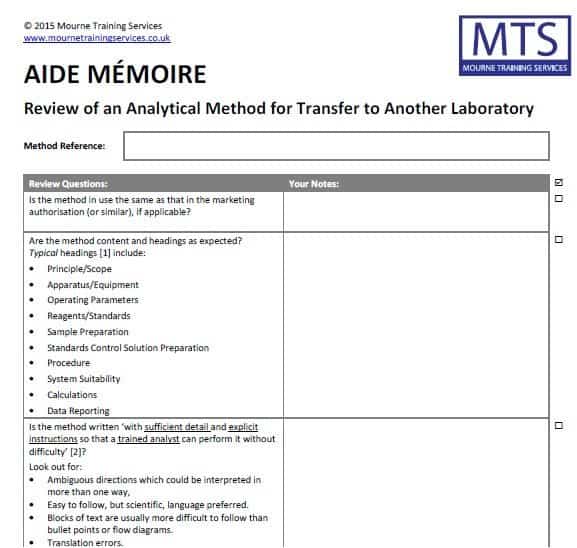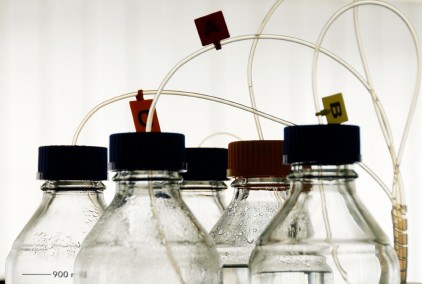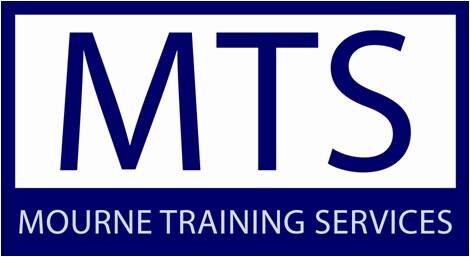Resources
Resource Library
On our blog you will find articles and videos on topics related to chemical analysis, mostly in a pharma/biopharma context. Recent posts include:
-
ICH Q2(R2) & Q14 Guidelines
-
New Guidelines: ICH Q2(R2) and Q14
-
Course Calendar 2024
-
NEW COURSE: What’s New in ICH Drafts for Q2(R2) and Q14?
-
Course Calendar 2023
-
ICH Updates in Our Validation Courses
-
JPAG Symposium: Stability VI
-
Limit of Quantitation: Does it Matter?
-
Drafts of ICH Q2(R2) and Q14 on Public Consultation
-
How Long to Equlibrate an HPLC Column?
Forced Degradation (1) HPLC (7) ICH (9) Lifecycle (4) Method development (1) Methods (1) MTS (2) MTS Helpdesk (4) OOS/OOT (1) Procedures (1) Stability (3) Troubleshooting (1) Validation (13) Video (4) Webinar (2)
Webinars
On-demand webinar recordings:
Some recordings of MTS webinars are provided below. These are intended as useful resources but also provide a sample of the presentation style of the MTS consultant, Oona McPolin, who delivers all of our training courses.
MTS Helpdesk
Our consultant will answer your questions and provide advice on your technical problems. Use our enquiry form to send us your questions. Questions and answers may end up as posts on our blog. You can use browse some previously submitted questions below.
HPLC Calculator (Free)
The MTS HPLC calculator is in the form of an Excel spreadsheet comprised of 7 worksheets which correspond to useful HPLC related calculations.
The calculator was developed to support our HPLC training courses, ‘How to Run HPLC Methods‘, ‘How to Troubleshoot HPLC‘ and ‘How to Develop HPLC Methods‘.
It has been downloaded hundreds of times by users from all over the world. If you have any requests or feedback then please let us know.
Simply fill in and submit the Request Form below, your free HPLC calculator will be sent to you by email (so you may need to check your junk folder).
The calculations provided are as follows:
#1 Column Equilibration
For how long do you need to equilibrate a column before it is ready to use?
#2 Void Volume
Calculates the void volume and estimates the retention time of t0 (often referred to as the solvent front).
#3 Pressure Converter
Change pressure units between the most commonly used units, e.g. psi to bar
#4 Mobile Phase Buffer Strength
Performs the conversion from millimoles (mM) and %w/w to a mass and volume.
#5 Mobile Phase Quantity – Isocratic
Works out how much mobile phase you will need to prepare for an isocratic analysis.
#6 Mobile Phase Quantity – Gradient
Works out how much mobile phase you will need to prepare for a gradient analysis (one of the most popular!).
#7 Method Development
Accompanies our HPLC method development courses to provide a simple way to convert a single gradient scouting run into a prediction of best conditions for initial method development, and predict whether an isocratic or a gradient approach will be most suitable.

Aide Mémoire for Method Transfer (Free)
The purpose of this aide mémoire is to provide a list of method features that may be important to consider during a transfer. It provides a convenient means to identify any potential issues and record the findings during a risk assessment gap analysis.
The tool was developed to support our training course on method verification and transfer. If you have any suggestions to improve the tool, then please let us know.
Simply fill in and submit the Request Form below, your free aide mémoire will be sent to you by email (so you may need to check your junk folder).


Request Form
Simply complete the form below if you would like to request our HPLC Calculator and/or the Aide Mémoire for Method Transfer. The files will be sent to you by email (so you may need to check your junk folder).



